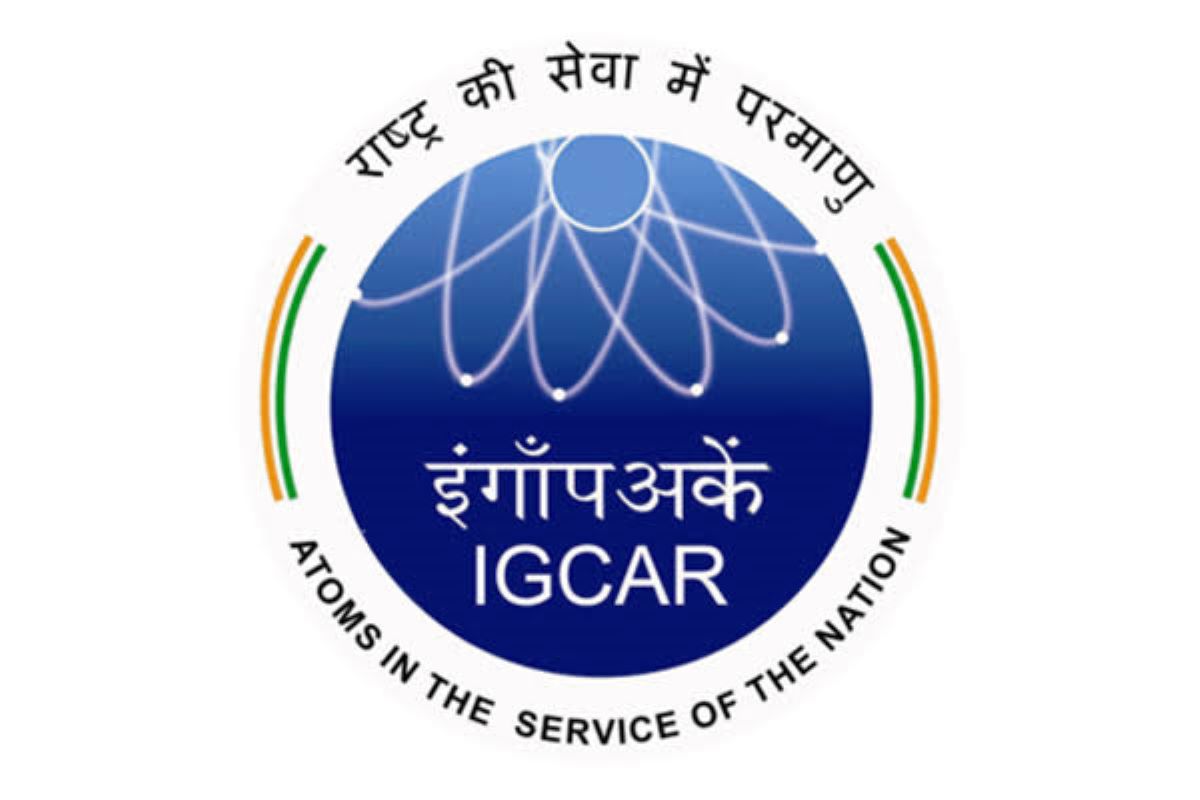Scientist wants Haryana to lead with mandatory health education to address air pollution
With the deterioration of the air quality across North India posing serious health risks to children, there arose the urgency for preventive health education.
Venkatraman’s expertise had also been utilised by the Indian Space Research Organisation (ISRO) for solving challenging NDE problems pertaining to the initial PSLV and GSLV rockets, qualification of Ti-6Al-4V alloy satellite gas bottles, and earth sensors of INSAT satellite.

(representational image)
A distinguished scientist in nuclear space, B. Venkatraman, on Tuesday took charge as the Director of Indira Gandhi Centre for Atomic Research (IGCAR) located in Kalpakkam, about 80 km from here.
Venkatraman, who was the Director, Safety, Quality & Resource Management Group, and the Engineering Services Group at IGCAR succeeds A.K. Bhaduri as the Director.
A post-graduate in Physics, Venkatraman had joined IGCAR in 1984.
Advertisement
With a research career spanning 37 years, Venkatramam has combined the physics of Non Destructive Evaluation (NDE) with engineering and technology and consistently provided excellent research and development (R&D) support and robust NDE-based solutions to technologically challenging problems in the nuclear, space, core industries and also in arts and archeology.
His significant activities for the nuclear industry include procedures for X-ray and neutron radiography of highly irradiated fuel pins, comprehensive NDE for evaluation of tube-to-tube sheet welds of prototype fast breeder reactor (PFBR), steam generator and radiometric testing of shielding structures.
Venkatraman’s expertise had also been utilised by the Indian Space Research Organisation (ISRO) for solving challenging NDE problems pertaining to the initial PSLV and GSLV rockets, qualification of Ti-6Al-4V alloy satellite gas bottles, and earth sensors of INSAT satellite.
He was instrumental in the development and application of conventional and advanced NDE methods based on radiography and X-ray fluorescence for the characterisation and fingerprinting of ancient South Indian bronzes.
Venkatraman also made an in-depth study into the ancient method of lost wax process used for casting such bronzes.
The expertise and experience thus gained was successfully applied during the fabrication of the tallest Lord Nataraja in the world, which was gifted by the Department of Atomic Energy (DAE) to CERN – the European organisation for nuclear research – in 2004.
Recently, he was part of the investigation team in Tamil Nadu for the identification of fake icons. He was also invited by the Mysore Palace authorities to investigate the gold leaf paintings and by the ASI for the evaluation of the Kalasams of Brihadeeswara Temple, Thanjavur.
Advertisement